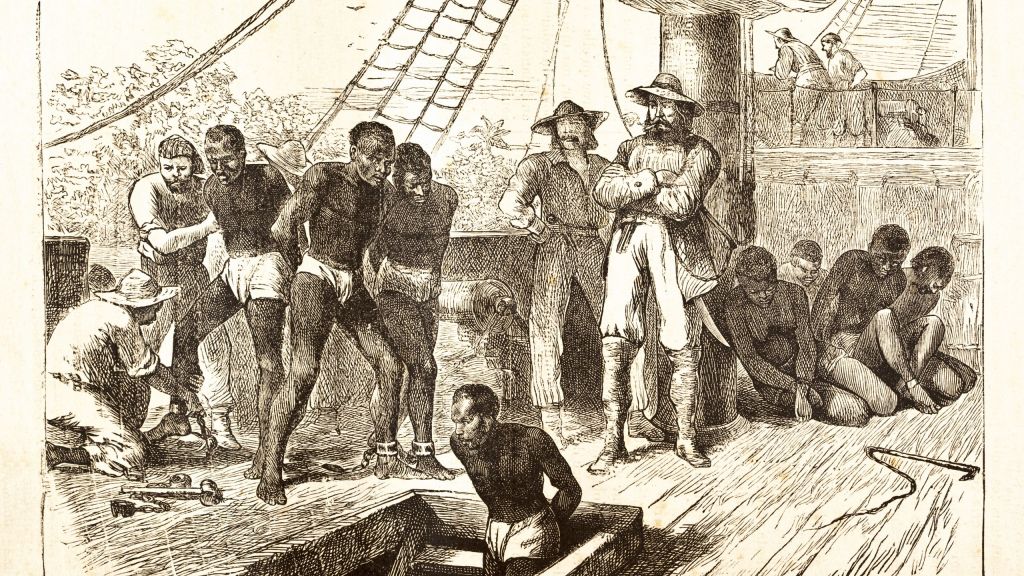
The Lasting Impact of Slavery in New Jersey | Part 2 of 2
This documentary continues the exploration of slavery in New Jersey with moving stories from the 19th century.

“New Jersey is known as the Garden State,” says author Beverly Mills in the two-part documentary The Price of Silence. “We’re known for our blueberries. We’re known for our corn. We’re known for our peaches. But we’re not known for the slaves that were here tilling the soil. We’re not known for the whole history of slavery connected to New Jersey and how slavery was the underpinning of much of the wealth of New Jersey.”
Part one, The Price of Silence: The Forgotten Story of New Jersey’s Enslaved People, seeks to fill a gap in Garden State history by sharing the little-known legacy of slavery across New Jersey.
Part two, The Price of Silence: The Lasting Impact of Slavery in New Jersey, continues the exploration of slavery in New Jersey with moving stories about events that took place during the 19th century, followed by the lasting impact that slavery still has on the African American community today.
Enslavement was prolific from the very founding of New Jersey in the 1600s as a colony and eventual manufacturing hub that supplied the Southern states with leather goods and other products. Its eye on production and profit created a demand for the cost-effective services of the enslaved, a demand that only grew as New Jersey developed into a major maritime port. What’s more, white slave owners at the time could receive the equivalent of land rebates based upon the number of enslaved working their land.
“New Jersey was the last Northern state to even attempt to abolish slavery,” says Linda Caldwell Epps, Ph.D. and CEO of 1804 Consultants, in the film. “And (it) was probably the Northern state with the strongest sympathies towards the South. Because it was the Southern-most Northern state, it had a lucrative trade policy with the Southern states.”
“I never learned about this in school,” says Mills in regards to the history of slavery in New Jersey, “If anything, we were taught to feel shame. And today…I feel nothing but pride and I feel empowered.”
